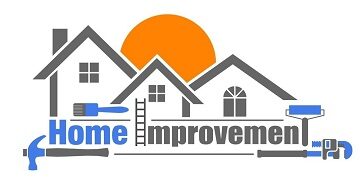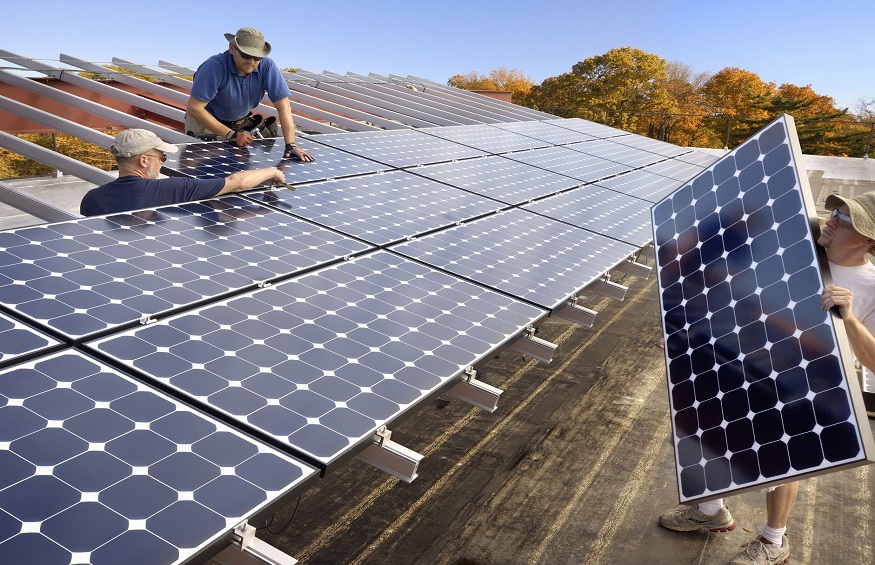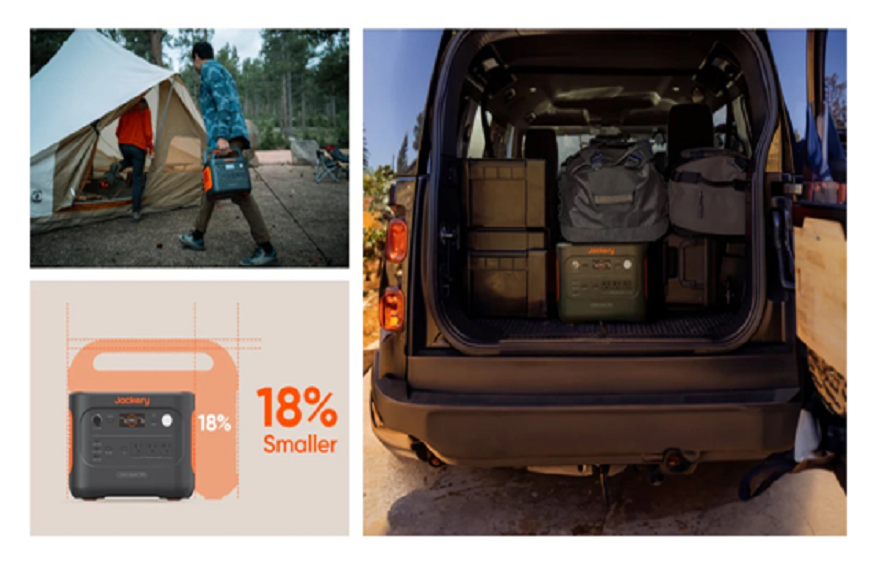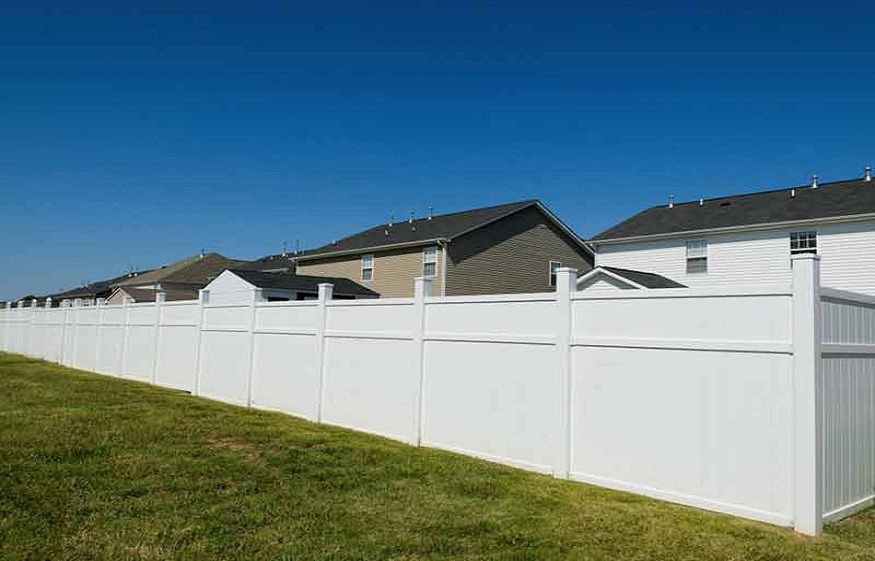Six things to know before switching to solar energy
Because of the importance of the initial investment to install solar power on your property, there are a few important points to consider. Here’s a look at what will help you make the right decision based on your location, property type, and lifestyle.
1. Conservation and energy efficiency
These are the most important factors. People often overlook conservation and energy efficiency factors when integrating renewable energy production. What good is spending money on an array of photovoltaic panels if the energy is simply wasted? Since most homes use more energy than they can produce, the first thing to do before installing a PV array is to ask yourself the following two questions: Can I reduce my consumption? energy? Have I done everything to reduce my annual energy consumption? Looking at the image below, we realize that it is cheaper to save a kWh than to produce one.
Here’s what it costs to avoid buying a kWh:
As you can see from these numbers, the best value for money in terms of reducing your building’s energy consumption is conservation. By making energy efficiency upgrades, you can get a good return on your investment. We offer a range of energy efficiency programs for homes and businesses that help offset the costs associated with these investments.
2. Types of solar energy
There are two categories of solar energy : passive solar energy and active solar energy.
Passive solar energy harnesses the sun’s natural energy to heat part of your home. Do you have a large window in your house and realize that the room gets warmer on sunny days? This is the effect of passive solar energy! If you are building a new house, it is good to consider passive solar energy and position your house to face the sun.
Active solar energy is the second and most well-known type of solar energy. It uses mechanical or electrical devices to store or convert solar energy into electricity or heat. The most common example of active solar energy is that of photovoltaic (PV) panel arrays on the roofs of buildings. These grids convert solar energy into electricity to power your home or business. Another example of active solar energy is thermal solar energy, which is used for space or water heating.
Solar wall at Saint John Transit. This solar thermal example is ideal for
commercial buildings with large areas that face the sunSolar water heater. Ideal for large water heating loads like those in
hotels and apartment buildings. This system can also be used
for seasonal installations like cabins and swimming pools.
3. Location / Orientation
Just like with real estate, location is extremely important when considering solar power. Examine the way the sun moves around your building and pay attention to the amount of sun it receives each day. Solar power can work if you have an unobstructed (no shade) roof, with a suitable slope that faces southeast or southwest. It can also work if you have a barn, an unshaded yard, or a hill on your property.
4. Roof slope
Do you know the slope of your roof? There are a variety of roof slopes that are suitable for installing a PV array in New Brunswick. They are highlighted in the image below. If your roof slope is outside of this scale, don’t be discouraged, as there is new sloped support material your installer can recommend for lower slope roofs.
5. Roof area
If you are planning to install an array of photovoltaic panels on your roof, you will certainly need to consider the area of your roof as well as its slope. An average roof has enough space to accommodate a 4 to 12 kW grid. A network of 1kW photovoltaic panels produces around 1,200 kWh of energy per year depending on orientation and slope. A 4 kW grid can produce up to 4,800 kWh of electricity per year, while a 12 kW grid can produce up to 14,400 kWh of electricity per year.
6. Your energy consumption
In New Brunswick, homes use an average of 9,000 to 25,000 kWh of energy per year. R-2000 homes are on the lower end of the spectrum, while existing homes that do not comply with current codes are on the higher end of this spectrum. The majority of New Brunswickers use an electric heating system which can represent 50% of their annual energy consumption. Looking at the number of kWh that a grid can produce each year in New Brunswick, most homes use significantly more energy than they can produce.
Want to know more about solar energy? Let us know your comments below and we’ll take them into account for our next blog!



